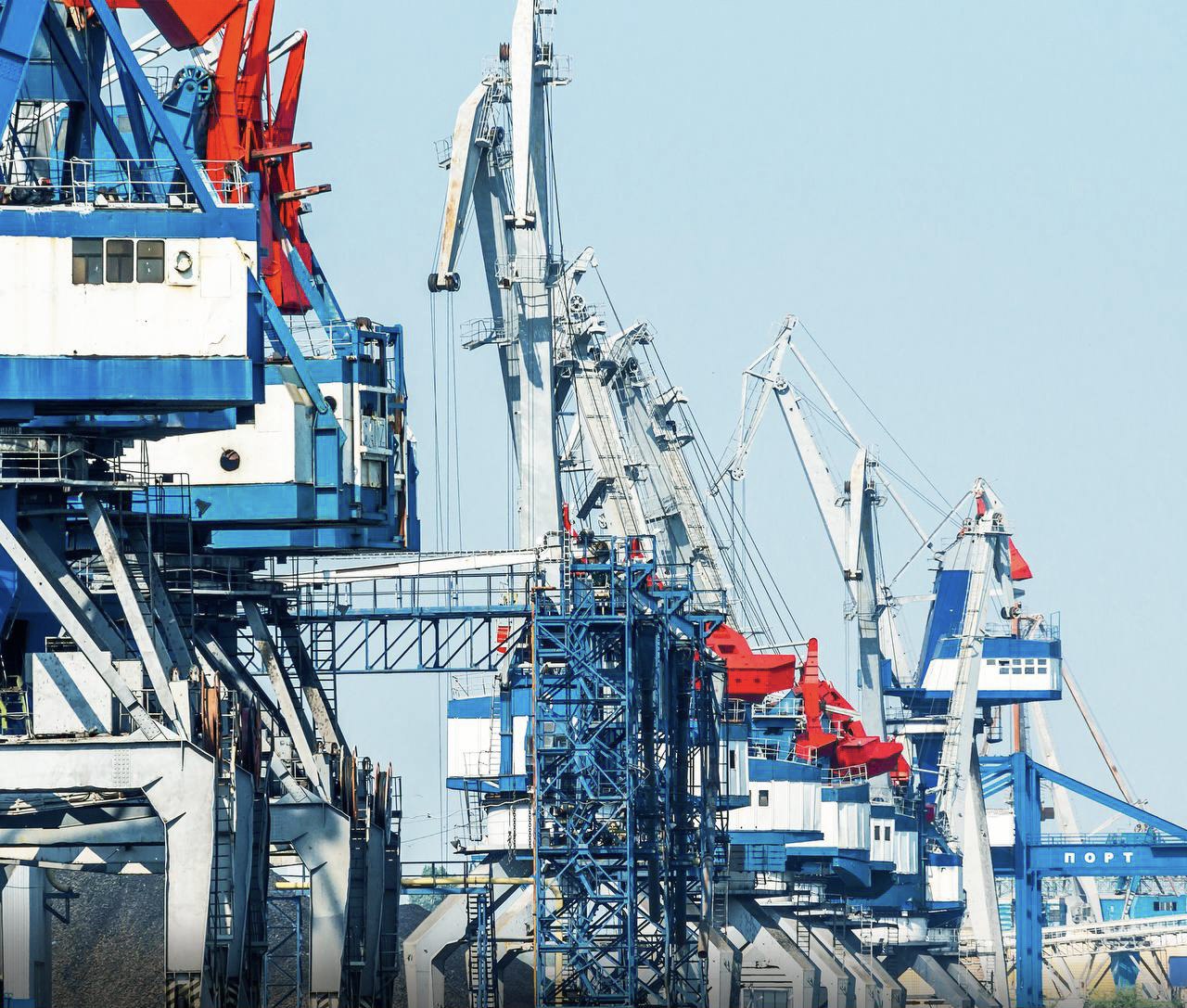
When speaking at the meeting on the development of certain sectors of Russia’s transport industry, Russian President Vladimir Putin emphasized the importance to speed up the implementation of long overdue construction projects and to take into account the real demand for transportation and objective traffic forecasts. According to experts asked by IAA PortNews, it’s high time to stop developing infrastructure under ‘cargoes available’ paradigm while investments in transport facilities are a key to economy recovery today.
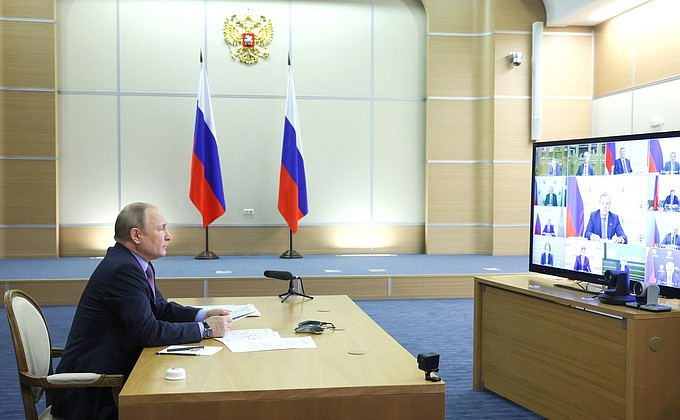
When speaking at the meeting, Russian President Vladimir Putin twice emphasized the importance to speed up the implementation of long overdue infrastructure projects, according to the meeting transcript published on the Kremlin website.
“Infrastructure development is one of the main drivers of our economy, any economy, as a matter of fact. In the next few years, we need to step up our efforts in this area. Year after year, we need to boost construction volumes, upgrade the network of roads and railways, river and sea infrastructure, transport arteries that not only connect Russian regions and serve as a base for the development of industry and agriculture, but also help our companies and enterprises to boost foreign trade and enter foreign markets,” said Vladimir Putin.
He also suggested applying a proactive approach to designing and developing the transport infrastructure.
“It is important to speed up the implementation of long overdue construction projects and to draft and launch new transport sector initiatives as soon as possible. For example, we certainly need to make active use of the parallel design and construction mechanism”, said the President according to the meeting transcript.
According to the President, this applies to the development of the Eastern Operating Domain and the Northern Latitudinal Railway, seaports in the Arctic, the Russian Far East, southern and northwestern Russia, including the modernisation of the Murmansk transport hub, and so on. Besides, the meeting participants discussed seaports of Makhachkala, Astrakhan and Olya which are very important stops in the North-South transport corridor, which uses the potential of the Volga River and the Caspian Sea.
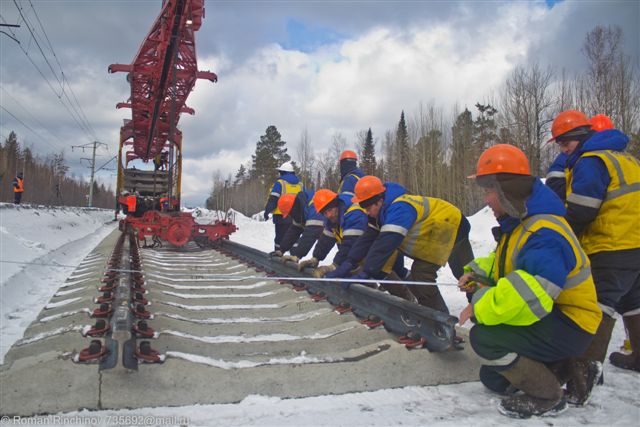
Amid the pressure of sanctions and partial embargo imposed on Russian energy sources, a considerable part of Russia’s exports are redirected eastwards. Suspension of ship calls in Russia’s Baltic ports by major operators of international lines has also shifted import and transit flows to the southern regions of the country. The need to increase the capacity of the Eastern Operating Domain is getting more urgent in this situation. Among the alternative routes for Russian exports are the North-South transport corridor, Transcaspian route and routes across Kazakhstan, Azerbaijan, Mongolia and Turkmenistan, which require modernization of checkpoints in the south of Russia, experts say.
In crisis periods, infrastructure is the only segment that can drag the economy of the country, believes Sofya Katkova, project manager, Morstroytechnology. “Construction projects decrease unemployment rates. Railway infrastructure and river ports will let develop transport within Russia. With the lack of containers, special focus is on cargo transportation by inland water ways which can be used for various cargoes, not only sand, at last,” she says.
According to the specialist, it is not certain cargo that should be in focus today. “Infrastructure ensures access to remote resources. Inaccessibility hinders the development of the resource base. The paradigm should be changed: transport is not an independent business project but an integral part of production chains. Infrastructure should be developed to use the resources available along it,” emphasized the expert.
One of the key sources of cargo flow growth in the country are Arctic projects with cargo produced there to be transported by the Northern Sea Route. According to the presidential order, NSR cargo flow is to reach 80 million tonnes by 2024.
“The initially announced level was too optimistic. The expected growth is mainly based on insufficiently substantiated volumes of cargo base declared by companies. First of all, it is Vostokugol: Rosnedra (Federal Subsoil Resources Management Agency – Ed.) was skeptical about its volumes substantiated by the resource base. In fact, Central Development Committee was approving the project at that time with output estimated at less than 2 million tonnes versus 19 million tonnes of announced volumes, says Mikhail Grigoryev, Head of consulting company Gecon.
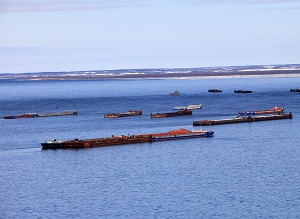
As of today, major growth is expected from the Vostok Oil project – 30 million tonnes in 2024. However, real shipments over the second half of 2024 will not exceed 10-12 million tonnes due to the following factors mentioned by the expert: introduction of oil pipeline to Bukhta Sever in June 2024 (the available ships will be able to carry over the season 3 million tonnes each on the shortest route to Murmansk, 10 ships are needed by the beginning of 2024), insufficient output of Vankorskaya group fields (20 million tonnes in 2024), expectation of the Payakhskoye field to become fully operational.
The sanctions imposed on the Arctic LNG 1 project (ban on export of equipment required for liquefaction) will obviously result in launching of one of the three lines of 6.6 million tonnes in capacity, says Mikhail Grigoryev.
Even with the Arctic Cascade technology of full-scale trains (about 0.9 million tonnes each) that can ensure the declared production volumes, the construction completion cannot be expected by the beginning of 2024, he believes.
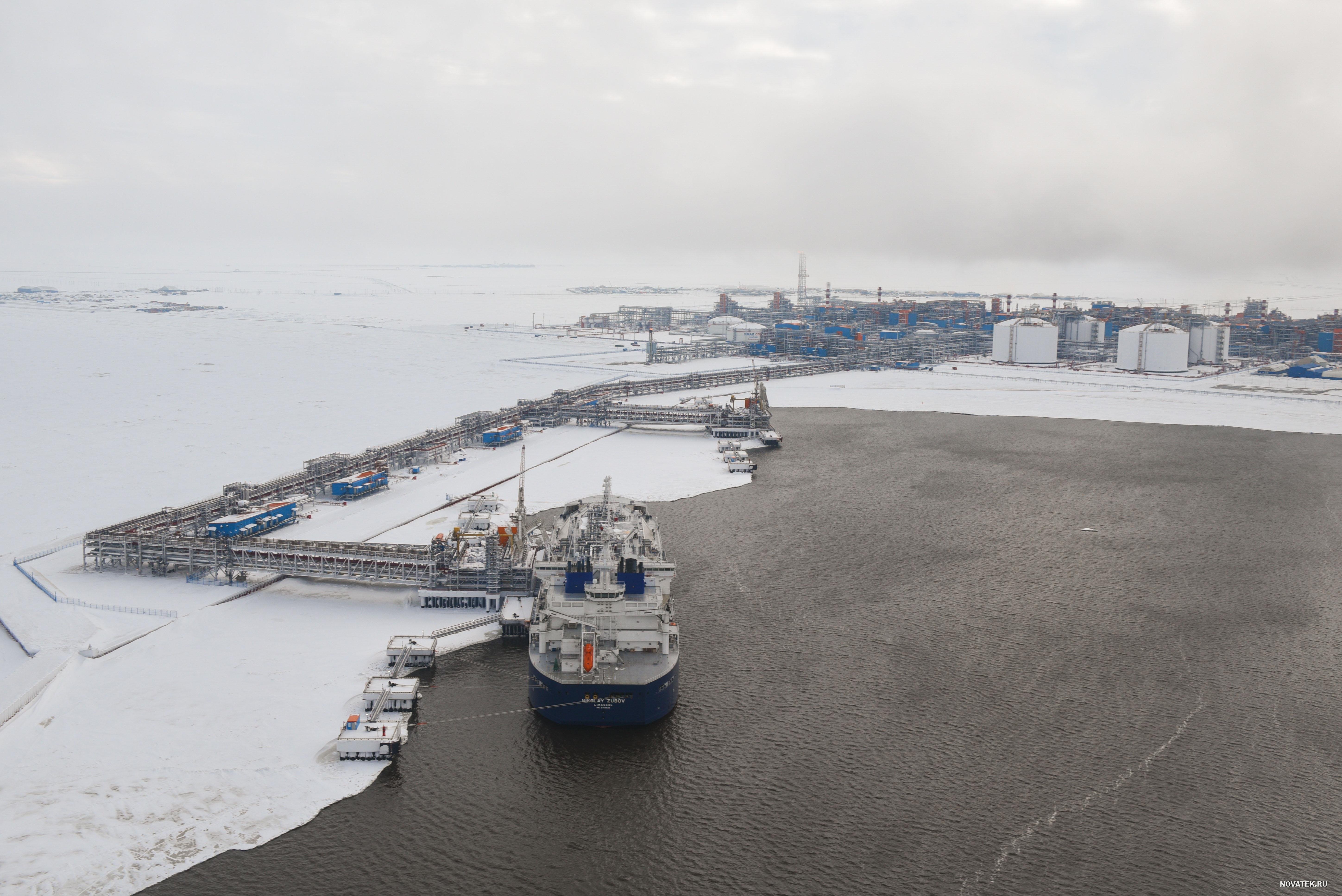
Transportation of hydrocarbons in the Northern Sea Route waters (taking into account the embargo on Russian oil supplies to the European market and reduction of Russian gas imports as it was announced) will develop through eastward shipments to the Asian market. Energy transition, expected but not specified in terms of a deadline, will obviously reduce the demand for fossil energy. Only solid minerals of the Arctic Zone will feature an increasing role. According to EY, “low-carbon technologies will require more copper, cobalt, nickel, lithium, chrome, zinc, aluminum, platinoid and rare-earth metals”. However, the growth in transportation of ores, concentrates and metals (Norilsk, Baimskaya, Tomtor and other projects along the Northern Sea Route and possible shipments from Murmansk) with their high unit value will not be able to compensate the decrease in transportation of hydrocarbons since the volumes are incomparable, summarizes Mikhail Grigoryev.
More industry-related content is available on our social media pages: YouTube, Telegram, Twitter, Yandex Zen




